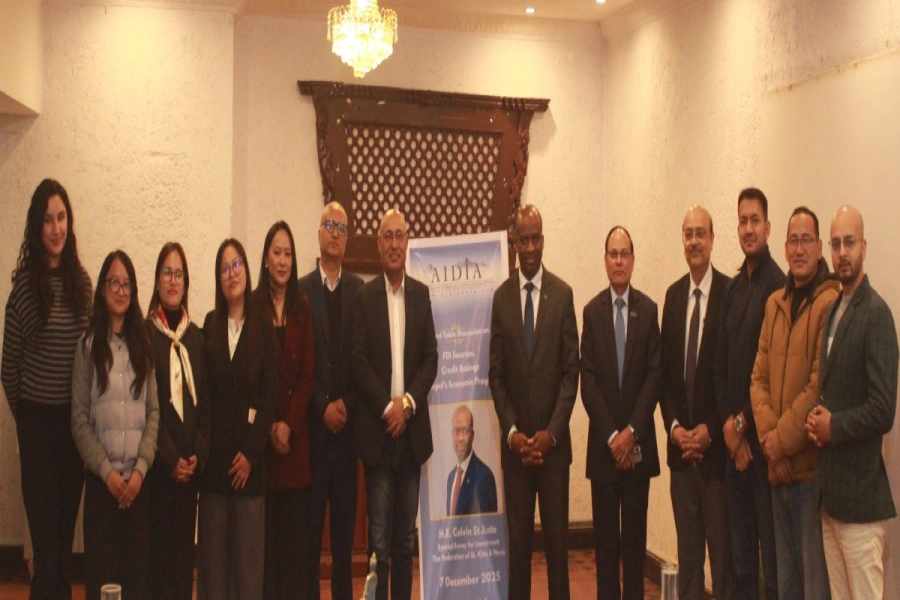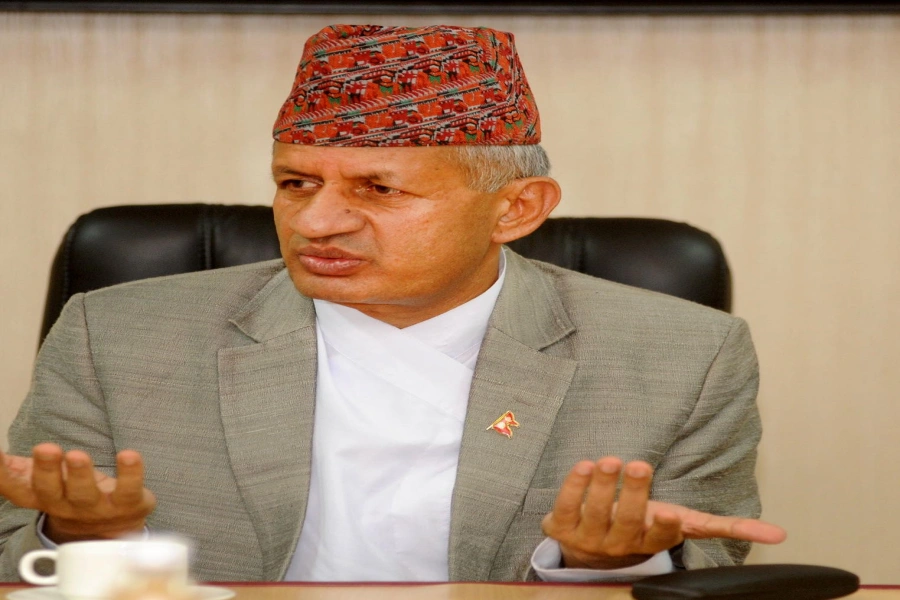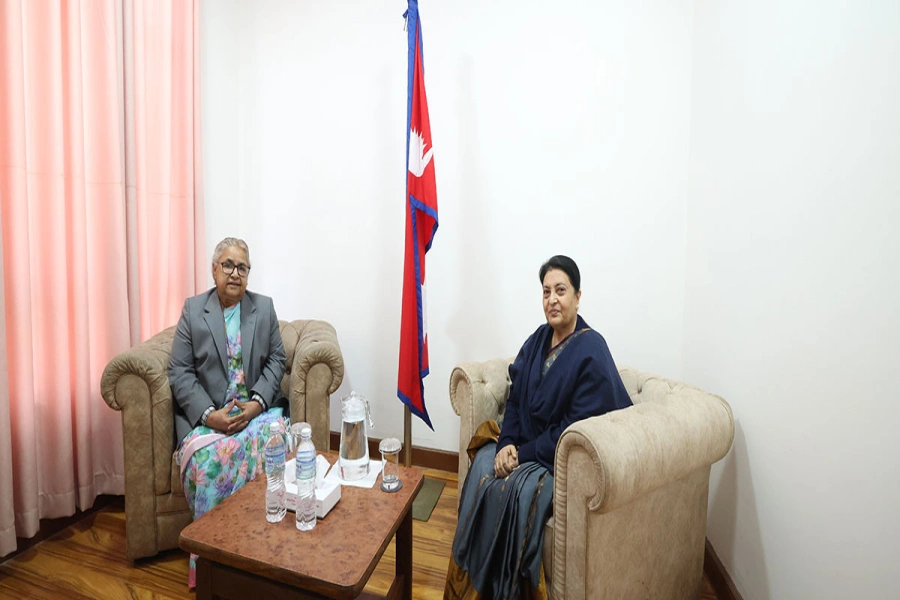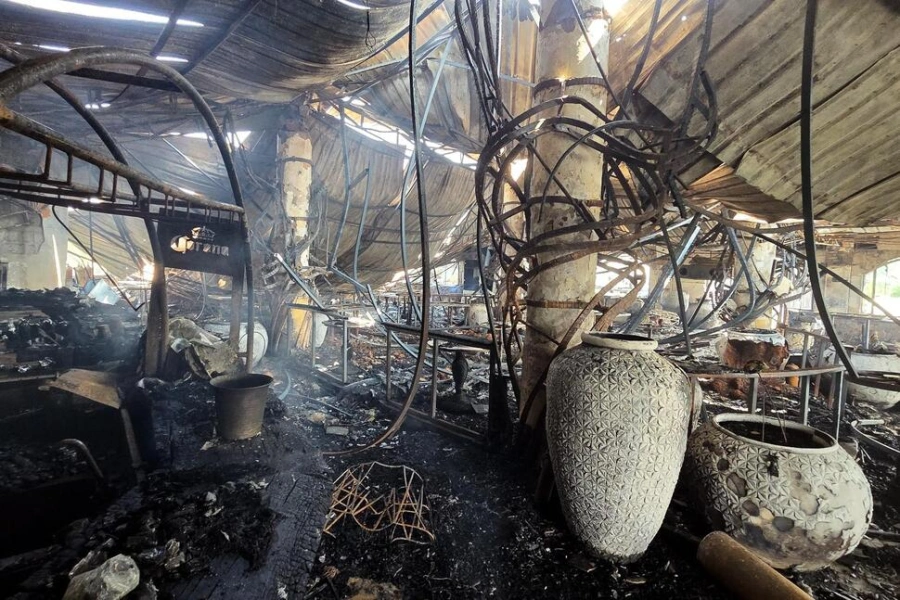KATHMANDU, May 5: Dentistry has emerged as a preferred career path for many aspiring medical professionals in Nepal, with an increasing number of women opting for this field.
Christina Pradhan, a dental surgeon at Samaj Dental Hospital and an alumna of the People's Dental College, opted for dentistry as her preferred profession because of flexible work hours and ample job prospects, allowing for a balance between professional success and family life.
"I chose dentistry because it offers stable working hours and abundant job opportunities, unlike some other professions. This enables me to prioritize both my career and family," said Pradhan, citing the satisfaction derived from achieving a work-life balance while excelling in her profession.
Pradhan noted that dentistry attracts women due to the potential for immediate employment upon completing the five-year course, as well as the opportunity to establish their own dental clinics. Additionally, the ease of obtaining further education and lucrative career prospects, both domestically and internationally, contribute to the growing interest in this field among women.
CEPHED organizes dissemination workshop on compliance monitorin...

Sumana KC, a fifth-year student at People's Dental College, shared similar sentiments, citing the hands-on experience and exposure to specialized medical practices as key factors in her decision to pursue dentistry. She added that the prospects of becoming proficient in dental surgery within five years and achieving self-sufficiency by opening a clinic after graduation as the reason for choosing this field.
Sabina Neupane, also a fifth-year student at People's Dental College, said that the absence of night duties and the opportunity for self-reliance as driving factors behind her choice of dentistry as a career path. Neupane shared her plans of opening her own clinic immediately after completing her Bachelor of Dental Surgery (BDS) degree.
While men also pursue dentistry, statistics reveal a significant gender disparity, with women comprising 75 percent of dental students at People's Dental College, according to Pranaya Shakya, a professor at the college and president of the Nepal Dental Association.
However, 58 percent of doctors affiliated with the Nepal Dental Association are women.
Despite misconceptions about the absence of night duties in dentistry, Shakya clarified that certain specialized services, such as maxillofacial surgery, may require overnight shifts.
Shakya also highlighted the financial barriers to establishing a dental clinic, as the equipment costs are considerable. Additionally, he cautions against unqualified individuals operating clinics, emphasizing the importance of trained dental surgeons in delivering quality care.
Shaili Pradhan, head of the Dental Department at Bir Hospital, said that doctors who have studied dentistry in Nepal recently have earned an attractive amount of money in countries like America and Australia.
Overall, the growing prominence of women in dentistry reflects a shifting landscape in Nepal's healthcare sector, with increasing opportunities for women to excel professionally while contributing to oral healthcare delivery. Out of 2,308 doctors affiliated to Nepal Dental Association, 1,349 are women. The number of male doctors is only 959.







































